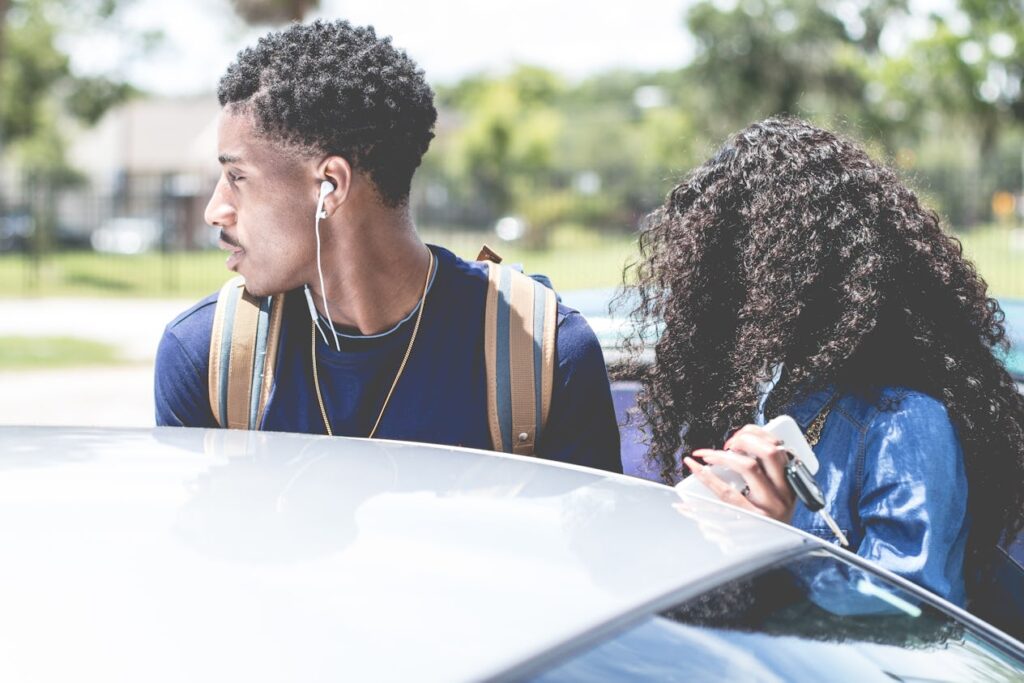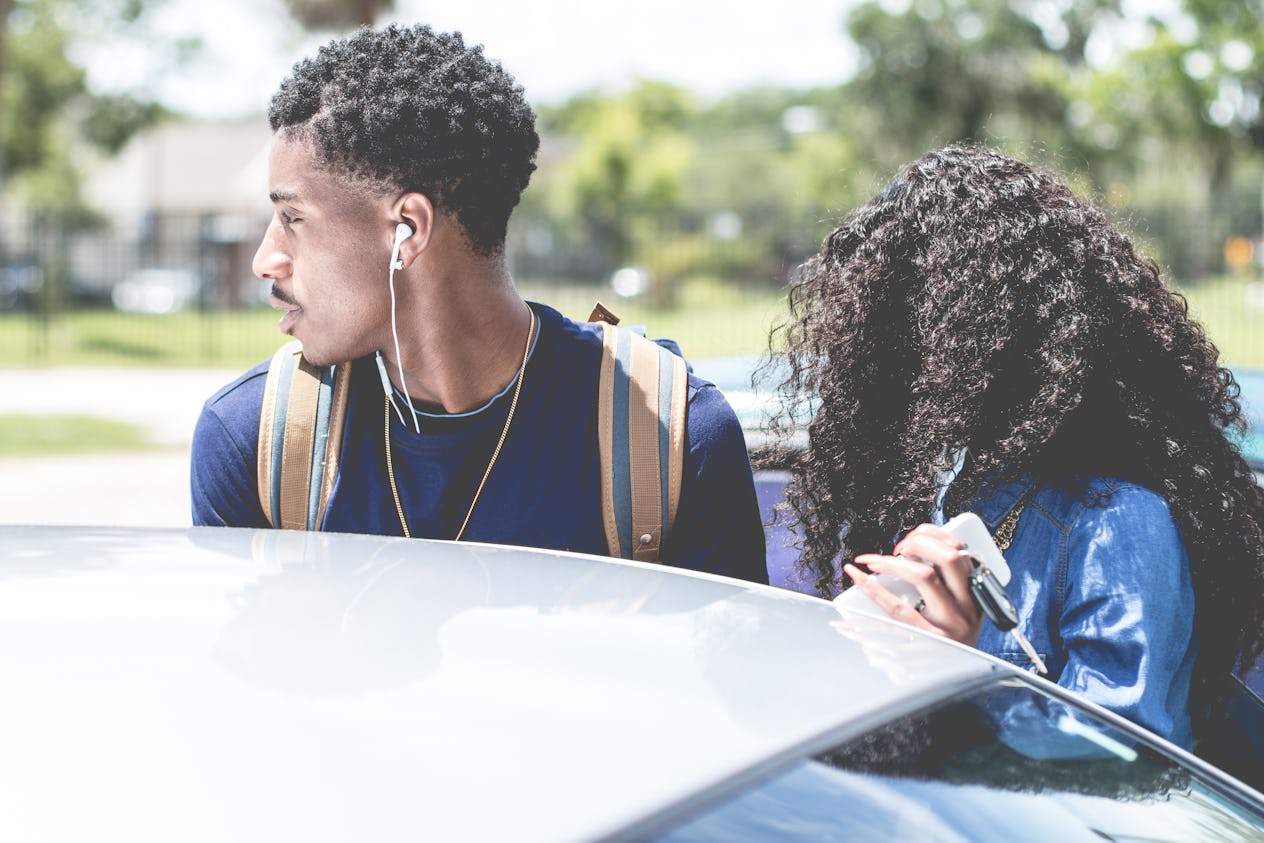
Strategies for Getting Along Better: Building Stronger Relationships
In today’s interconnected world, the ability to navigate social dynamics and foster positive relationships is more critical than ever. Whether it’s within the workplace, at home, or in the community, getting along better with others is essential for personal well-being and collective success. This article delves into practical strategies and actionable advice for improving interpersonal relationships, fostering understanding, and resolving conflicts effectively. By understanding the nuances of human interaction, we can cultivate a more harmonious environment for ourselves and those around us.
Understanding the Importance of Positive Relationships
The quality of our relationships significantly impacts our mental, emotional, and even physical health. Strong, supportive relationships can reduce stress, boost immunity, and increase overall happiness. Conversely, strained or negative relationships can lead to feelings of isolation, anxiety, and depression. Therefore, investing in strategies for getting along better is not just about being polite; it’s about prioritizing our well-being.
Furthermore, positive relationships are crucial for professional success. Collaboration, teamwork, and effective communication are all predicated on the ability to get along better with colleagues, clients, and superiors. A harmonious work environment fosters creativity, innovation, and productivity, ultimately benefiting the entire organization. Learning how to get along better in the workplace is a valuable skill that can enhance career prospects and job satisfaction.
Key Strategies for Getting Along Better
Active Listening: The Foundation of Understanding
Active listening is more than just hearing the words someone is saying; it involves truly understanding their perspective. This requires paying attention, making eye contact, and avoiding interruptions. Asking clarifying questions and summarizing what you’ve heard demonstrates genuine interest and encourages open communication. When individuals feel heard and understood, they are more likely to reciprocate, fostering a more positive and collaborative relationship. Improving your active listening skills is a fundamental step in getting along better with others.
Empathy: Stepping into Someone Else’s Shoes
Empathy is the ability to understand and share the feelings of another person. It involves putting yourself in their shoes and seeing the world from their perspective. Practicing empathy can help you to better understand their motivations, reactions, and needs. This understanding can then inform your interactions, leading to more compassionate and effective communication. Getting along better often requires a conscious effort to empathize with those around you, especially when disagreements arise.
Effective Communication: Bridging the Gap
Clear and concise communication is essential for getting along better. This involves expressing your thoughts and feelings in a way that is easily understood, while also being receptive to the perspectives of others. Avoid using accusatory language or making assumptions. Instead, focus on stating your needs and concerns in a respectful and constructive manner. Non-verbal communication, such as body language and tone of voice, also plays a crucial role. Being mindful of your non-verbal cues can help to ensure that your message is received positively.
Conflict Resolution: Turning Challenges into Opportunities
Conflict is inevitable in any relationship, but it doesn’t have to be destructive. Learning how to resolve conflicts constructively can actually strengthen relationships. The first step is to identify the root cause of the conflict. This requires open and honest communication, as well as a willingness to listen to the other person’s perspective. Once the root cause has been identified, you can begin to explore potential solutions. Compromise and collaboration are key to finding a resolution that is mutually beneficial. [See also: How to Resolve Workplace Conflicts] Remember that the goal is not to win the argument, but to find a solution that preserves the relationship. Getting along better often means navigating conflicts with grace and a commitment to finding common ground.
Setting Boundaries: Protecting Your Well-being
Setting boundaries is crucial for maintaining healthy relationships and protecting your own well-being. Boundaries define what you are comfortable with and what you are not. They can be physical, emotional, or mental. Clearly communicating your boundaries to others can help to prevent misunderstandings and resentment. Respecting the boundaries of others is equally important. When boundaries are respected, relationships are more likely to be healthy and sustainable. Learning to set and maintain boundaries is an important aspect of getting along better.
Forgiveness: Letting Go of Resentment
Holding onto resentment can poison relationships and negatively impact your own well-being. Forgiveness is the process of letting go of anger and resentment towards someone who has wronged you. It doesn’t mean condoning their behavior, but it does mean choosing to move forward. Forgiveness can be a difficult process, but it is often necessary for healing and restoring relationships. Practicing forgiveness, both towards others and towards yourself, can significantly contribute to getting along better.
Self-Awareness: Understanding Your Own Triggers
Understanding your own triggers and emotional responses is essential for getting along better with others. Identifying situations or behaviors that tend to provoke negative reactions allows you to proactively manage those reactions. This might involve taking a break, practicing mindfulness, or communicating your needs more assertively. By becoming more self-aware, you can reduce the likelihood of reacting impulsively and create more positive interactions.
Appreciation: Acknowledging the Positive
Expressing appreciation for others can go a long way in fostering positive relationships. Acknowledging their efforts, contributions, or positive qualities can make them feel valued and appreciated. This can be as simple as saying “thank you” or offering specific praise. Regularly expressing appreciation can strengthen bonds and create a more positive and supportive environment. Showing appreciation is a simple yet powerful way of getting along better.
Practical Examples of Getting Along Better
In the Workplace
Imagine a scenario where two colleagues, Sarah and John, frequently clash due to different working styles. Sarah is detail-oriented and prefers to work independently, while John is more collaborative and enjoys brainstorming in groups. By recognizing these differences and communicating openly, they can find a way to work together more effectively. Sarah can provide John with detailed reports to review, while John can include Sarah in relevant brainstorming sessions. This compromise allows them to leverage each other’s strengths and minimize conflict. By focusing on getting along better, they can create a more productive and harmonious work environment.
At Home
Consider a family where the parents often disagree on parenting styles. One parent may be more lenient, while the other is stricter. This can lead to tension and conflict within the family. By engaging in open and honest communication, they can find a middle ground that works for everyone. They can discuss their concerns and perspectives, and ultimately agree on a consistent approach to parenting. This requires compromise and a willingness to see things from the other person’s point of view. Getting along better as a family often involves navigating differences and finding common ground.
In the Community
In a neighborhood, residents may have different opinions on issues such as noise levels, landscaping, or parking. These differences can sometimes lead to disputes. By fostering open communication and mutual respect, residents can work together to find solutions that benefit the entire community. This might involve organizing neighborhood meetings, creating a community newsletter, or establishing clear guidelines for noise and parking. Getting along better in the community requires a commitment to cooperation and compromise.
The Long-Term Benefits of Getting Along Better
The benefits of getting along better extend far beyond immediate improvements in relationships. Cultivating positive relationships can lead to increased happiness, reduced stress, and improved overall well-being. It can also enhance professional success, foster creativity, and strengthen communities. By investing in the strategies outlined in this article, you can create a more harmonious and fulfilling life for yourself and those around you. The ability to get along better is a valuable asset that will serve you well in all aspects of life.
In conclusion, getting along better is a skill that can be learned and cultivated through conscious effort and practice. By focusing on active listening, empathy, effective communication, conflict resolution, and self-awareness, you can build stronger, more positive relationships. Remember that relationships are a two-way street, and that both parties need to be willing to compromise and work together. By prioritizing positive relationships, you can create a more fulfilling and harmonious life for yourself and those around you. Start implementing these strategies today and experience the transformative power of getting along better.

